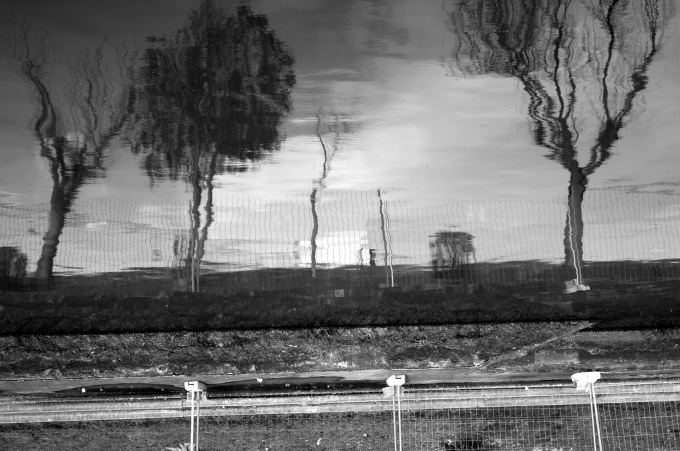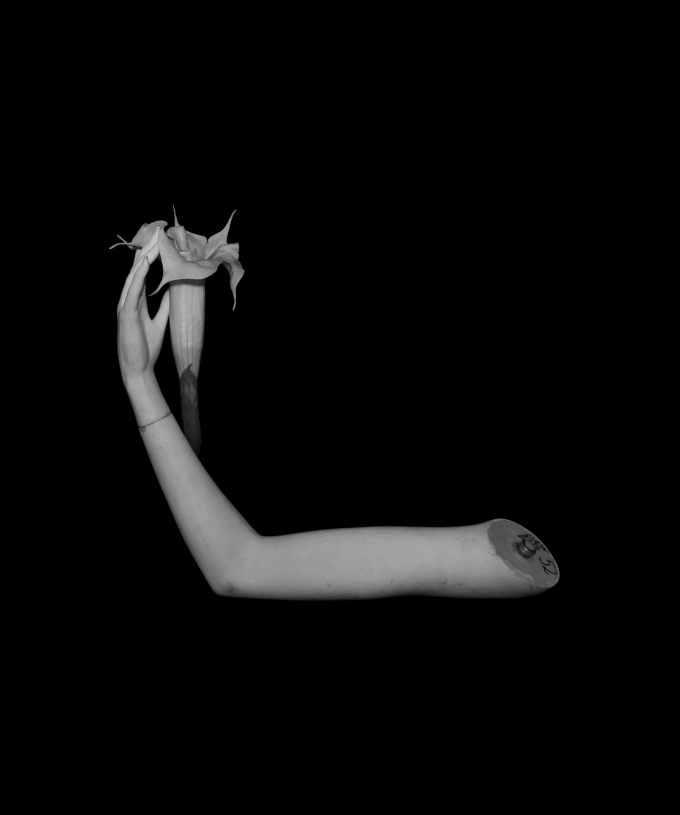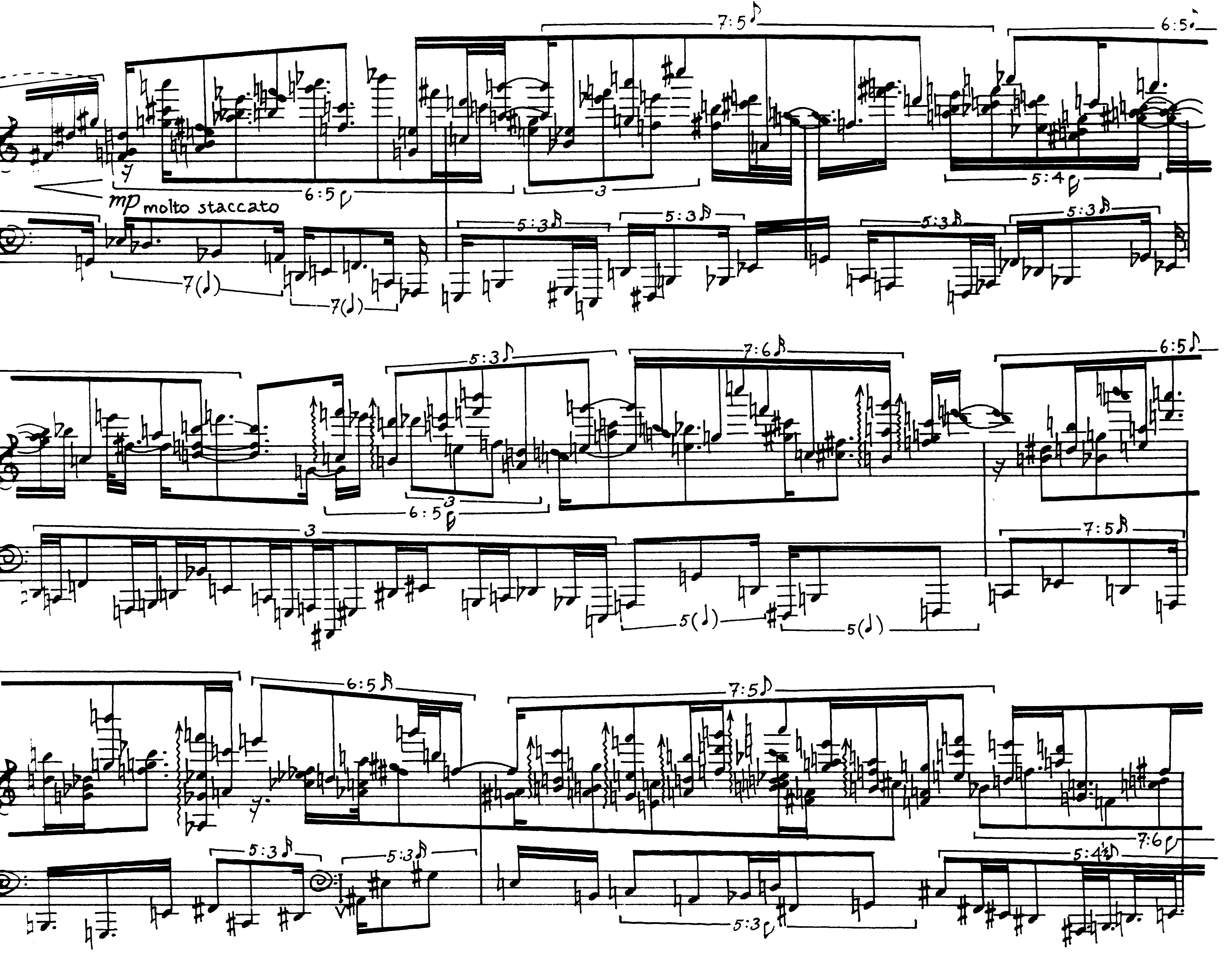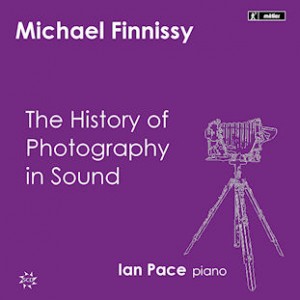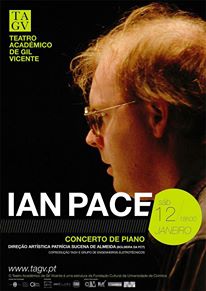
This interview took place online on 22 August 2020 between City’s Head of the Department of Music, Dr Ian Pace, and BMus graduate Anna Vaughan.
Ian Pace: Anna Vaughan graduated from the BMus course at City in 2017, and is currently doing a part-time masters at Royal Birmingham Conservatoire, where she focuses on performance. During her studies she is doing a lot of educational work, focusing on the Kodály method, which she learned at City. She is currently working on a project funded by the Weingarten Scheme to get Kodály-inspired learning into primary schools. She has also been working as an ambassador for The Benedetti Foundation working alongside violinist Nicola Benedetti. Performance and Education are the two main driving forces in her career at the moment.
Anna, thank you for doing this interview! Could you tell me a little about what role music played in your education and wider background prior to coming to City?
Anna Vaughan: I was lucky enough to be in a musical family. Both my parents are incredible musicians and my father is a composer. Listening to all sorts of music was a huge part of my childhood. My parents took me to lots of concerts. I started to learn the violin in primary school, followed by the piano in later years. I played in the local orchestras, leading the South Cheshire Youth Sinfonia then co leading the Cheshire Youth Orchestra. I also got taken to the pub at a young age to play with the folk band in the local village. This was great fun!!
In terms of education in schools, there was a small music department at my school. However, I was involved in all the music activities and opportunities like playing at the Montreux Jazz festival or in Venice Cathedral. Opportunities like these helped inspire me to continue do music into later life.
That’s just a small snippet of my musical background prior to City.
IP: Can I ask what in particular attracted you to City, as you were from a family in which I would imagine there was a greater awareness of the various options available?
AV: I wasn’t prepared to go to a conservatoire at the time. Universities seemed to give a more all rounded degree. London itself was a big attraction. Specifically at City, the fact that all the tutors very active outside the university in what they were teaching was appealing. In comparison to other degrees, City offered such a wide range of modules. This was especially helpful as I did not really know what I wanted to specify in before coming to City. Alongside all the academic opportunities, the performance opportunities were attractive. Firstly the performance space was very unique but also the ensembles that City offered were incredibly varied. These were the main things that attracted me in comparison to other music degrees.
IP: Tell me some more about the types of modules you took, and areas you studied, during your time at City?
AV: First year was a great all-round year. Music in Oral Cultures (music around the world), Investigating Western Music (history of western music from 1450), Materials of Tonal Music (general harmonic analysis), Practical Musicianship and Composition.
I then went to do a study abroad semester in Australia at the University of Queensland. Here I studied about aboriginal and indigenous music, popular music and performance. I was fortunate enough to play in the orchestra they had there and in a quartet. At the end of the semester we played in the Queensland Performing Arts Centre.
I then returned to City in January and continued to study Orchestral and Instrumental Studies and Sound, Music and Moving Image.
In the third year I studied, Sound Art and Technoculture, Historical Performance Practice alongside my major projects.
Each year I took part in all the ensembles possible. These included African Drumming, Latin Ensemble, Jazz Ensemble, Balkan Ensemble, Middle Eastern Ensemble, Experimental Ensemble. And of course Balinese Gamelan!! These ensembles were so vital to my passion for performance.
As you can see, my degree became an incredibly diverse degree.
IP: How do you feel those diverse elements related to one another? Nowadays you are focusing on classical violin, yes? But has your work studying music from a plural range of cultures impacted upon that, or for that matter some of the other stuff you did when looking at music and the moving image, or historical performance practice, for example?
AV:To be honest Ian, at the time the reason I took the modules was because I thought they were so diverse and not really relatable. However, as time went on, I began to realise that the influence from music in oral cultures for example had an impact on my views for orchestral and instrumental studies. Or the things I learnt in Historical Performance Practise informed a lot of my views for Sound, Art and Technoculture.
The main impact that these diverse modules has had is the impact on my performance skills. Yes I am a classical contemporary violinist. I play a wide range of genres but focus on this in my Masters. I feel like the diverse elements of my degree has given me the tools to appreciate different genres, be able to adapt in different musical situations for example being in a recording studio, collaborating with composers, creating new music. I can make informed musical decisions due to all the knowledge I have required. All modules have had a huge impact on my tools for performance.
IP: What types of solo performance work were most important for you during your time at City?
AV :For solo performance, the masterclass workshop we got with Susanne Stanzeleit was very inspirational. The fact that we got professional tutors who were leaders in their field became vital to my success. I became very interested in contemporary music and the help I got from you Ian (Head of performance at the time) enabled me to progress in that particular area.
However, I would like to say that the ensemble opportunities I was given gave me the confidence to progress in my solo performance. There’s something to be said about the importance of ensemble playing for a solo musician. You learn an incredible amount playing with people and city offered a huge amount of that for me.
IP: And you’ve gone on to work more with Susanne, I think, since leaving City?
AV: Yes, I began getting lessons from her once I had graduated. I had private lessons with her during my time educating in London and performing with orchestras before I got into Birmingham to study a Masters. She is now my tutor at the Royal Birmingham Conservatoire.
It was a very important contact to have as it has now lead me onto where I am now in my career. I’ve found that a lot of people I met at City have lead me onto great opportunities later on in my career. Susanne is a prime example.
IP: Returning to contemporary music, which type of work, say written since 1945, have you found most of interest to you?
AV: In my second year, I performed John Cage’s Six melodies for violin and keyboard, composed in 1950. I still work on this piece as I became transfixed by its folky yet still atmosphere. I recently performed this again at Birmingham.
I also became very interested in Lutosławski’s compositions after playing Subito for Violin and Piano. I became fascinated in his orchestral works after this.
Playing Steve Reich’s Violin Phase was an amazing experience at City also. The tech team made it possible for me to explore my interest in Violin and electronics music.
IP: City is certainly a department at which, in recent years, a lot of faculty members are actively involved with new music. Do you think that sort of wider culture there inspired this type of interest?
AV: Yes completely. I was able to get the support from so many lecturers like Tullis Rennie, Claudia Molitor, yourself and many more! In the experimental ensemble, we played many new compositions. Something that hugely inspired me was playing at IKLECTIK. Having opportunities to meet and play the compositions of Michael Finnissy also ignited a passion to collaborate with composers. Creating sound walks with Claudia again widened my passion for contemporary music. All these elements of new music allowed me to narrow my passion from a broad background of knowledge. Contemporary music can be quite daunting to approach however the staff at City gave me the tools and the listening to grow my passion for it.
IP: Is there anything you would do differently if you were eighteen again now, knowing what you do? What would you recommend to others at that age considering studying music in higher education?
AV: I would change my view on myself. I had a bad habit of thinking everyone was better and I wasn’t good enough. This changed as I slowly began to find out what I wanted to do and what was unique about my musicality. You have to constantly ask yourself ‘okay what am I going to contribute to this industry’. I wish I didn’t follow what other people were doing as much.
I would tell others at the age of 18 wanting to go into music to please please please take advantage of as many opportunities as you can. I would also importantly say, your passion is important. Don’t play or create things just because other people are. Do what you have a passion for and what you feel is unique to you. Contribute to the music industry and community, don’t battle or compete with it.
IP: Do you have any particular abiding personal (not about study) memories from your time at City?
AV: Something that’s nice about City is its not a big music department. You got to know everyone. Lots of social nights in London with everyone and events at uni like the Christmas Cabaret where potentially too much wine was consumed? If that’s ever a thing.
IP: Anna, many thanks for doing this interview.


